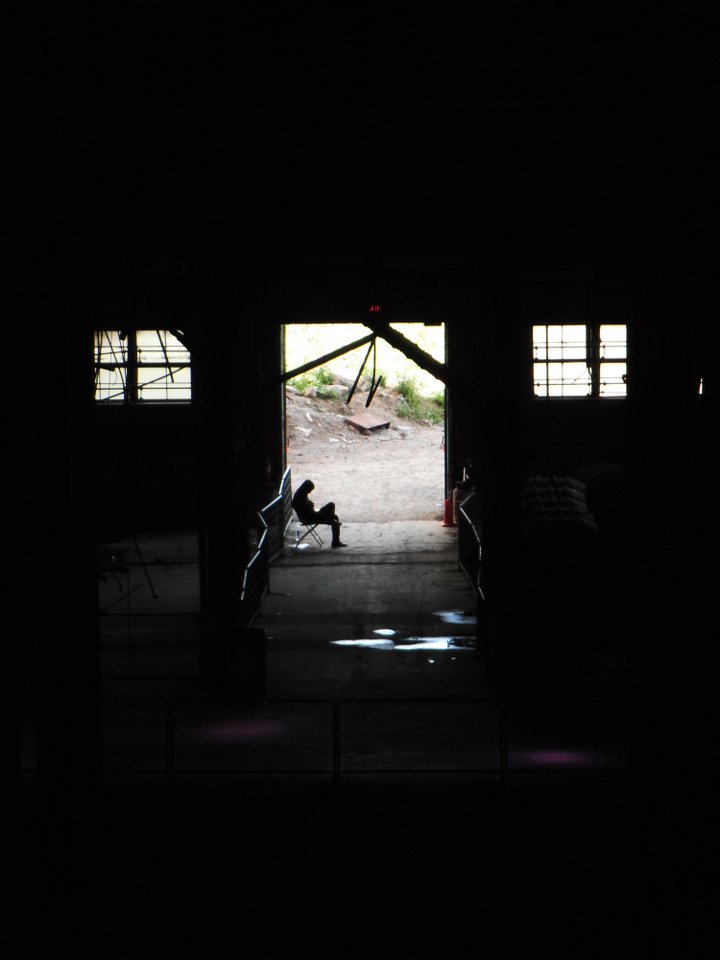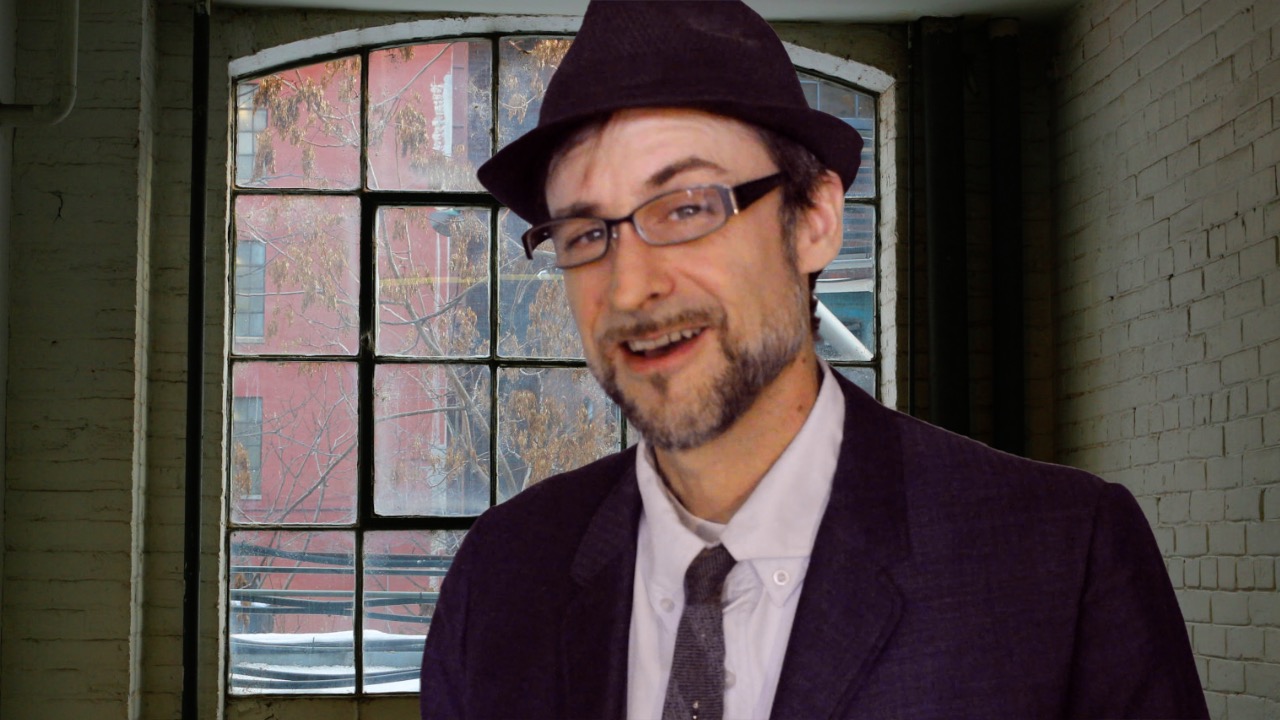And where it gets us (top photo)
I’ve been thinking for many years about how we westerners with many more comforts and luxuries are consistently less happy than many people overseas, who have a great deal less stuff than us, but still tend to put considerably more emphasis on people and relationships. On a certain level, it might seem like I’ve answered the question in posing it that way – but there is nothing about our circumstances which actually prevents us from finding and creating joy with and for one another. We could do that with this, we just don’t.
Somehow, we sophisticated modern people find other things we’d rather do with most of our time (other than those few things which have always given humans the greatest, most consistent and lasting satisfaction, that is).
But why is that? What is the circuit in our head which interrupts the easy natural social connection many others still consider normal, so very often? (And I say this, allowing for the also important consideration that different generations here have had their own distinct characteristic expressions of and problems with alienation, for more than half a century now – ranging all the way from sociopathic narcissism and entitlement, to crushing insecurity and an emotional inability to face or participate in the public world at all).
I think a big part of it has to do with a crisis of belief in the west, which goes back a full century – to the still reverberating trauma of the first world war (and I’ll have much more to say about this, in my next podcast). But today I want to discuss a habit we continue, the advantages of which may actually have been conditional on a quality of belief we now lack.
“Adversarial Reasoning” is what we usually call it. And we are obscenely proud of ourselves for it (particularly considering its highly questionable results). There are certainly some cases where our primary considerations might be – what things are wrong with this statement, proposal, idea, or especially, deal? But there are also many more situations where we unwittingly burst a hope with this crude combative reflex, and thus deny ourselves the sweet humane thing which was to follow. And that thing could be anything slow and delicate, from a deep insight to a sensitive but profound human sharing, which might well have changed our life.
Now to be clear, I have done this foolish reflexive-derailing myself countless times, and it was only when I was old enough to find myself in the role of teacher, that I really began to understand how dim a student I had been, so many times in my early life. When we have a wrong idea stuck in our head, and someone else has a better one to offer us, there will always be a moment when we bristle.
The question is – can we slow that adversarial reflex down enough to learn to say – “What do you mean, exactly?” Which can be said respectfully, inviting new information which the other may have to offer us, rather than our far more common modern sneering variations of “Why should I?” (even consider a new idea). A cultural habit of creepy (and self-harming) arrogance, if ever there was one.

I actually had a funny new insight on this from a little feedback interchange, not so long ago. I have shared four longish things about the New York Times as parts of essays and podcasts in the last few months, and made one much shorter point most recently, to which I appended a few extra sources for further reading.
One of my friends objected that to disparage a great institution because they ran a guest editorial was “unhealthy.”
Now – let me first qualify here – I may slip, but I try very hard to draw clear distinctions between people and ideas. I also resist the Stalinist idea that political dissent is a form of mental illness – fun rhetoric, in a pugilistic sense – but this concept leads us in a direction none of us would enjoy – and so, is probably a linguistic habit worth avoiding.
Now, let me examine what’s wrong with the idea – this analysis having nothing to do with the worth, intelligence or mental health of the individual in question. (In fact, he speaks in a sort of aggressively confident clever-guy voice which I used myself for many years, but now regret, so precisely, that I am embarrassed by how much I need to hear, and think more about it).
Firstly – I must note that I never suggested a single article was itself a conclusive logical proof. But that approach is in any case a logical operation on abstracted word symbols, which ignores the specific meanings history and context the words are pointing to. Again, I try my best not to fall into this trap (which Korzybski characterizes with exhaustive (and exhausting) science (Semiotics), though William S Burroughs’ “Language is a virus from outer space” comes close, with admirable concision).
The editorial in the Times suggested that the United States (which now spends more than the next ten countries combined on defence) does not yet spend enough on war. The idea that this position is just an editorial like any other, at a time when the world is facing a serious threat of nuclear war, largely because arms companies like it that way, is quite simply bizarre. Disconnected from an inarguably crucial aspect of reality (survival itself).
Nobody I know ever once voted for perpetual nuclear brinkmanship. This whole century has been dedicated to never ending and unapologetic war-for-profit madness. Those with a memory will recall that the Times published plenty of CIA misinformation which helped justify first the Afghan and then the Iraq war (the Iraq war before that, too, come to think of it) – even though neither country had anything to do with the attack which so terrified America. They did later publish retractions and begin to question the false narratives they had originally promoted, years after entire countries were devastated, mind you – but they have consistently started from a war-positive (paper selling) position, again and again for decades. As I noted in one of my earlier swipes at the ‘Grey Lady’ the Times ran regular front page stories in the run-up to the American entry to the second world war, which they absolutely knew were written by a fervent Nazi – just because he had such great access!
I oppose war because I love people, human culture, and the workers and poor whose lives are always devastated by it. I am overjoyed that there are still many of faith who oppose conflict, just as I am heartened by many others who feel simple solidarity for those overseas who do not always make the news, but face hardships beyond our imagining and experience.
To be thorough – I will include a few links at the bottom, which come much closer to being ‘proof’ of the Times having a long history of complicity in Imperial violence, and to be clear I offer the interview only to introduce and direct toward the even more thorough book which is discussed therein.
The other referent my friend invoked was even funnier to me, in a way. He thought the WEF (Davos crew) were being unfairly disparaged because of that infamous “You will own nothing and be happy” (or black helicopter riding robots will be sent to your house to deal with you) editorial.
First off – allowing the “One bad apple…” principle – do we still remember what editors are, and are for? Does anybody think they ran that article for shits and giggles, or perhaps as an April Fools prank? And again – leaving aside the question of just how many terrifyingly out of touch articles an institution has to share before we consider it malign – let us please once again invoke specific context, and not pretend this is a problem of symbolic algebra, with a bunch of still undefined variables.
As far as I can tell, the WEF (World Economic Forum) was originally a way that NGOs (Non Governmental Organizations – like Greenpeace) tried to get a seat at the table with governments and industry, and has in recent decades, (NGOs now largely corrupted/coopted) become much more clearly focussed on reducing the legal power of national governments relative to international corporations – specifically, to lift them out of a position where any one nation can restrain them.
I’m not saying this because I read paranoid rantings (I do, but not on the subject of economic policy), I’m saying this because I read a whole bunch of their own literature, going back many years. Basically, the WEF are Bilderbergers who like photo ops – this public facing faux-friendly posture being yet another gambit for advantage, which has yet to prove it’s comparative worth in the field.
Ultimately, you can’t escape sounding like a conspiracy theorist when you talk about people who operate an international street gang on a level this rarefied (the American Legislative Exchange Council – ALEC – is another creepy project in the same general dystopian family, serving Americans of that same elite clientelle, by pitting money and lawyers directly against the public interest).
I triangulate my interest in the Davos group with my long meandering quest to figure out the quite extraordinary ‘great gaming’ working class elitist Canadian, Maurice Strong, who may yet be proven a hero or a skunk by history (and was one of the NGO-side founders of the WEF). I also return regularly to a sweet quote from that infamous socialist Adam Smith (yeah, the “Wealth of Nations” guy) who famously observed: “Gentlemen of the same profession do not meet together, except to conspire against the general public.”
So – no, that one editorial does not prove the institution is evil – but the institution declares itself so outright and explicitly, if you will only grant their own officially issued tripe the required patience (unless one actually does have a problem with the idea of democracy being more important than multinational corporations – in which case you have every possible reason to adore them).
Unsound ratiocination (rational=sound assessment of ratios of importance), I can’t help thinking, lies in mistaking an incomplete proof, for a proof of the opposite – and/or in completely ignoring what many would characterize as deliberate, mass scale, overtly anti-democratic evil, because a point of cleverness presents a chance for a “dunk”.

As an even better yield for this musing, I had this general insight hit me. One of the biggest problems with our adversarial reflex?
We use our cleverness, to defeat our wisdom.
And we don’t just do this half of the time, or some modest proportion like that – it’s more like the opening rudeness problem I was talking about above. When someone is trying to tell us something difficult and we insult their attempt, so we not only don’t hear it, but never even realize what we missed, by jumping-in with our own quick and confrontational insistence.
When our wisdom is trying to form a slow deep insight that we need, it can all too easily be derailed by our spring-loaded hostility. In fact – if we stay stressed (fearful, caffeinated, greedy, furious) most of the time, and use that stress to power our adversarial approach to new ideas people and thinking, we can rob ourselves of most of that wealth-in-life for years on end, without ever noticing we are actively doing anything. From there it is very easy to end up thinking the whole world is mean, or just plain hates us, even though we’ve actually been telling it we haven’t got the patience we’d need, to listen.
Now I opened with something kind of provocative, and I want to touch on it again, before I close (though I will go much deeper still, soon). I suggested that perhaps our adversarial mindset conferred an advantage when we began from common beliefs, which has faded steadily, as the depth of our western faith has eroded (over roughly the last century).
I am not saying anything for or against religion(s) here – I’m just saying that people with a central narrative which gives their lives meaning, live in a different world from people who cut and paste their meaning out of any old scrap they find – which is to say, the majority of us modern westerners. Like no other people on earth, our ideas, locations, relationships and viewpoints change rapidly, and for many, continuously, over our whole lives. Which leaves us comparatively rootless, with only the anchors we declare. (And again, like the questionable benefits of our adversarial reflexes, the assumption that abstract platonic ideals are adequate anchors for humans, looks less and less reasonable, the longer we run the experiment. Some might even suggest the soul-ache increases with each subsequent ‘floating’ generation which has been forced to participate).
I often think of a couple of African friends, the incredible weight of responsibility they shouldered, and their fantastic ability to laugh and savour, without getting lost in our modern games of spiralling self-doubt (a kind of negative narcissism, really). They never did stop being amazed by how miserable we all found ways to be, even though we enjoyed extraordinary plenty and opportunity compared to most. Both of these guys worked roughly twice as much as most of my (urban) Canadian born friends too, because they both had many family members here and back home who were counting on them.
Curiously, they also seemed to enjoy everything twice as much. As if to demonstrate that if you face the real stuff head-on, you needn’t disrupt your pleasure with malign introspection, as some form of grand abstract penance (as even a majority of atheists here are wont to do). That outward facing habit also leaves you looking up and out instead of down and in, which means you are far better positioned to notice life’s transitory offerings – so often in the form of a new and instant friend or chance.
Their beliefs were complicated, impossible to simplify clearly, within our cultural frame – but they both absolutely knew they had precious extended family in their dear home place, two real anchors entirely distinct from abstract beliefs. Anchors which the majority of us modern westerners lack. (I even proposed to my dear wife on the steps of an actual castle, because I was worried that anything less spectacular and unique would be knocked down and replaced with something hideous, long before we had a chance to get old and sentimental together).
For a man like them, who fetishizes no extra doubt, because he knows exactly what he is struggling sacrificing and working for – and it is self-evident duty to others, and not mere service to his own ego – an adversarial approach is almost like a sense of humour. A life-enhancing spice, which works best when we feel well anchored in care and broader meaning, and so know just where it belongs.
With that love-grounding we humans know when to confront, when to be quiet because it’s time for the little ones to go to bed, and when to set such adversarial thinking aside completely, because making new friends, having simple fun, and truly experiencing awe with our whole being – are not things that poor people do, because they can’t afford the latest big screen televisions.
They are things truly rich people do, because they haven’t had their heads trained for sneering, emptied with alienation, or filled up with doubt.
¯\_(ツ)_/¯
And now – here are a few links with some extra information about the specifics invoked.
Here is Coleman Hughes interviewing Ashley Rindsberg about his book about the New York Times long history of weirdness “The Grey Lady Winked”
And here is Taibbi interviewing New York Times journalist Barry Meier, about the biggest story which everyone got wrong (and how agencies with no accountability, now manipulate public discourse).
Here’s a piece for those too busy to actually read the World Economic Forum’s own policy papers, which sums up their implications rather nicely.
And finally, for anyone who still thinks Biden is a genuine little-guy leftist, who is trying his best, this singular rant from an economist (with commentary) really makes his true priorities clear.
The absolute destruction of new hopes for labour and especially the union wave – for anyone too busy to listen in depth. (when they say “Demand Destruction” they mean YOU!)
Finally, here is an early podcast called “The Most Useful Kind” (which I’ve been able to put online once again, thanks to Substack) in which I talk a bit about the unbelievably creepy ALEC organization (when evil goes granular).









